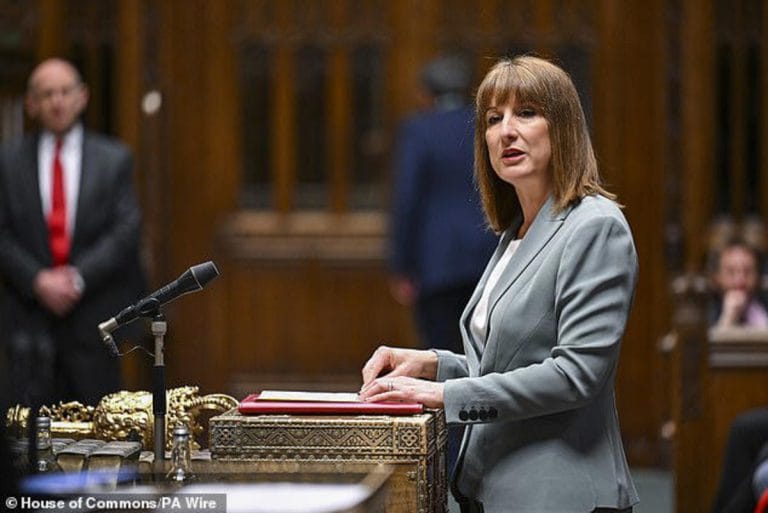🎧 Listen to This Article
In the wake of the latest Spending Review, the UK government appears to be relying heavily on council tax hikes to sustain local services, which is a move that effectively shifts the burden of austerity from Westminster to households.
Documents reveal that council tax is projected to increase by up to 5% annually, the legal maximum, without requiring a local referendum. While technically optional, the Treasury’s modeling assumes full utilization of this increase, raising concerns that what is framed as “local discretion” is, in practice, financial compulsion.
“The government has not changed the 5% cap councils don’t have to raise it,” Chancellor Rachel Reeves said in an interview. However, given the limited central funding, councils may have little alternative.
Despite a modest 1.1% increase in central government funding, total council spending power is projected to grow 2.6% due to council tax and business rate increases.
The Hidden Structure of the Tax Increase
A key driver of local funding pressures is social care, often cited as a justification for tax rises. However, the police precept, a portion of council tax earmarked for policing, is also growing, with police and crime commissioners authorized to increase it by £14 annually per Band D property, separate from the 5% general rise.
Police budgets, already under strain, are expected to rise by 2.3% in real terms. Yet this growth is predicated on projected increases in local tax contributions, a subtle devolution of fiscal responsibility without a proportional increase in accountability.
“This Spending Review should have been a turning point after 15 years of austerity,” said Tiff Lynch of the Police Federation. “Instead, the cuts will continue, and the public will pay the price.”
The Real-World Impact on Households
Rising council tax is just one of many inflationary pressures hitting UK households in 2025, alongside energy bills, rents, and mortgage rates. The regressive nature of council tax means lower-income families will bear a disproportionate share of the burden.
Moreover, councils facing structural financial crises, such as Birmingham and Thurrock, have already raised taxes above 5% through special government permission, setting a dangerous precedent for future emergency hikes.
“Many will continue to increase council tax just to protect basic services,” warned Louise Gittins of the Local Government Association. “Even then, they’ll still be forced to make painful cutbacks.”
Analysis: Austerity Rebranded as Local Empowerment
Framing council tax hikes as a local choice masks a deeper issue: central government funding is no longer sufficient to maintain public services at pre-austerity levels. The UK Treasury maintains political distance by offloading fiscal responsibility while local leaders take the public heat.
This model of “funding through permission to tax” risks institutionalizing austerity under the guise of localism, all while pushing the political cost of tough decisions onto local councils.
In short, without structural tax reform or significant increases in central grants, local government in the UK may be entering a new era of silent austerity disguised as fiscal empowerment.
For further details, clarification, contributions, or any concerns regarding this article, please contact us at editorial@tax.news. We value your feedback and are committed to providing accurate and timely information. Please note that our privacy policy will handle all inquiries.



